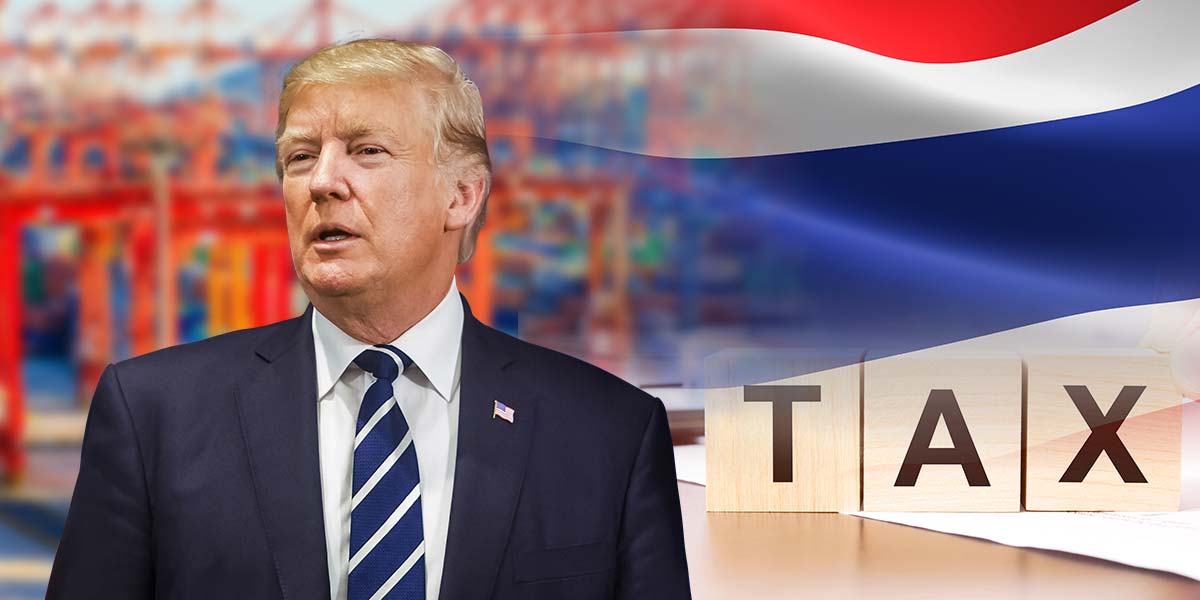The Thai government is actively preparing for trade negotiations with the United States following concerns over increased U.S. import tariffs. Deputy Prime Minister Pichai Chunhavajira announced that Thailand plans to cut import duties and lower trade barriers with the U.S. and other nations.
Prime Minister Paetongtarn Shinawatra has emphasized a quick and precise strategy that considers the strengths and weaknesses of both Thailand and the U.S. To address the situation, the government convened a meeting involving key ministers and advisors and has formulated five key measures for discussion with the U.S. Trade Representative (USTR).
These five key points of negotiation include:
1) Exploring increased imports of U.S. agricultural and animal products to potentially reduce the trade deficit. This could involve importing U.S. corn for animal feed production and importing animal offal for processing and export.
2) Easing import processes for U.S. goods through tax management and adhering to existing quotas for over 100 items.
3) Addressing the trade deficit by reducing non-tariff trade barriers, acknowledging the need to streamline Thailand’s numerous and often overlapping regulations.
4) Strengthening the scrutiny of product origin certificates to prevent tariff evasion on U.S. goods from other countries using Thailand as a transit point.
5) Seeking investment opportunities in the U.S., such as considering investments in transportation related to U.S. natural gas in Alaska or agricultural product processing.
Deputy Prime Minister Pichai clarified that these measures are a proactive response to a situation the U.S. deems necessary for its own interests, and Thailand aims for a “win-win” outcome that benefits both nations while upgrading Thailand’s operations and production.
He also mentioned that Thailand is not rushing into discussions with the U.S. trade office, as the specifics of their proposal are still being finalized, with the Prime Minister having tasked him to lead the discussions with various U.S. stakeholders. The aim is for the negotiations to yield successful and tangible results within the next one to five years.
Regarding monetary policy, when asked about potential interest rate cuts by the central bank, Deputy Prime Minister Pichai stated that the rate should align with global trends, factoring in both local elements and global rates led by the U.S. Federal Reserve.
While acknowledging that various countries are facing significant economic impacts and the full extent of the effect on Thailand is yet to be assessed, the Prime Minister has urged all parties to work diligently to ensure Thailand benefits as much as possible from these negotiations. The Deputy Prime Minister conceded that the current situation presents both a crisis and an opportunity for resolution.





